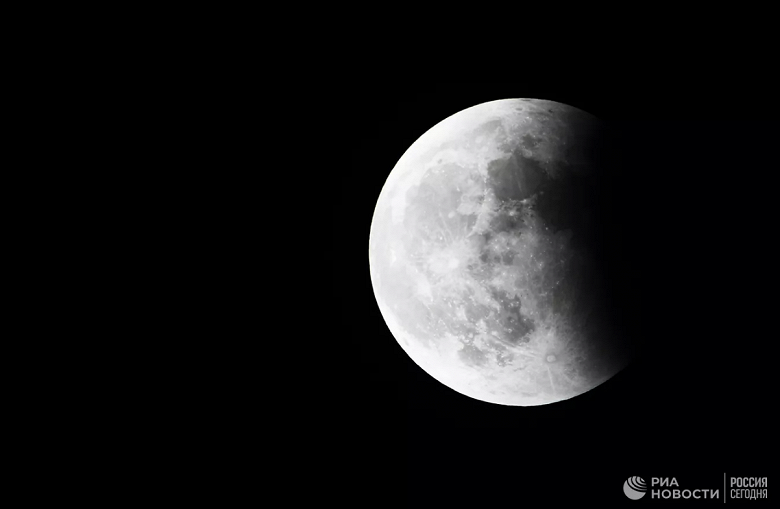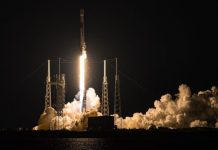New mission will take place in 2024
According to RIA Novosti with reference to a press release from ispace, the Japanese Hakuto-R module launched to the Moon made a hard landing with a high probability, and therefore a successful lunar landing and communication were impossible.
The lunar lander of the Hakuto-R mission was supposed to land on the lunar surface at about 01.40 Japan time [19.40 April 25 Moscow time]. As of 08:00 Japan time [02:00 Moscow time] on April 26, communication between the Mission Control Center and the module was lost, although it should have been even after landing on the moon. It was determined that the success of the ninth phase of the mission was no longer achievable.
Mission Control (MCC) specialists confirmed that after the planned landing time, no data was received indicating that the module touched the surface of the Moon.
Mission failed. Hakuto-R module most likely crashed on the moon

ispace engineers monitored the fuel level as it approached the low limit, and then the speed of the sink module increased sharply. After that there was a loss of communication. Based on these data, a high probability was determined that the lander eventually made a hard landing on the lunar surface.
Last night, it became known that the Hakuto-R spacecraft had lost contact with the Mission Control Center (MCC). Now there is no doubt about the failure of the mission.
The company intends to improve technological readiness for subsequent missions in 2024 and 2025. ispace founder Takeshi Hakamada said that they were able to collect a huge amount of information and gain important experience.
The Japanese module Hakuto-R with the Arab rover Rashid was launched to the Moon in December 2022 using the Falcon 9 launch vehicle of the American company SpaceX. Japan planned to become the fourth country in the world that was able to successfully land a device on the moon, after the USSR, the USA and China.




